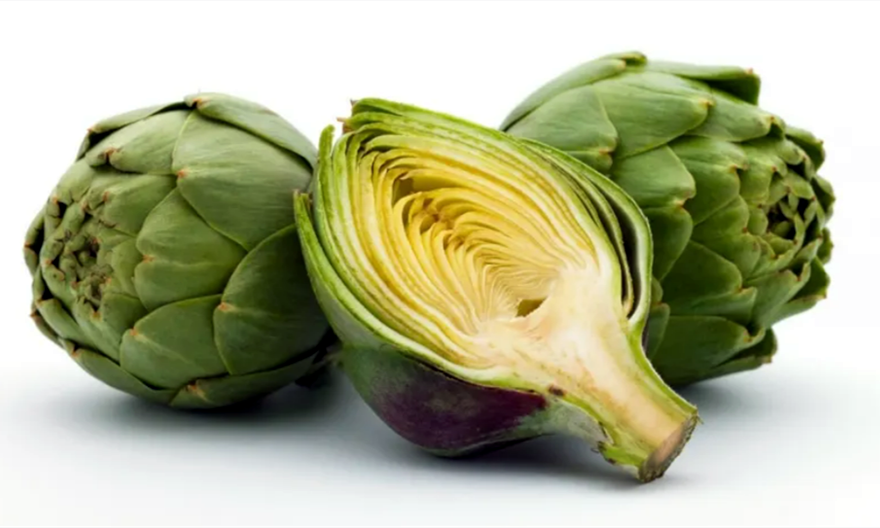Artichoke is a perennial Compositae plant native to the Mediterranean coast. Its unopened flower buds are eaten. As an ancient European herb, artichoke leaves have been used to treat ailments such as indigestion, and more recently to protect the liver and improve hypercholesterolemia. In addition to its benefits in improving digestion, artichoke leaf extract may help protect the liver, protect the heart, and protect the digestive system. Further, the vegetable is a nutritious food with antioxidants and prebiotics and is also rich in fiber, vitamin C, and polyphenols. It also has antibacterial and antiviral properties and the Mayo Clinic recommends taking 5-10 grams of fiber daily, whether eaten raw or added to recipes. If you would like to avoid consuming high-fat foods, eating more artichokes may be the best option for you.
High blood pressure is one of the leading causes of death in the United States. One study conducted in 2021 concluded that artichoke leaf extract could significantly lower blood pressure among patients with hypertension. Moreover, it may also lower the risk of heart attacks and strokes. Artichoke leaf extract and blood pressure may help manage markers of metabolic syndrome, which includes central obesity, excess body weight, high blood sugar, and high cholesterol. In recent studies, artichoke leaf extract has shown promising results in lowering LDL cholesterol levels and increasing HDL cholesterol.
Artichoke extract may reduce blood pressure by lowering glucose levels. The extract also promotes the production of the enzyme eNOS, which reduces blood pressure by widening blood vessels. Furthermore, it contains potassium, which helps balance the negative effects of salt in the body. In addition, artichoke extract can help patients lose weight and reduce cholesterol levels. A meta-analysis of nine randomized controlled trials (RCTs) found no significant differences between treatment groups and the placebo. However, subgroup analysis of the patients’ health status revealed a statistically significant difference between groups of hypertensive patients and those who did not suffer from NAFLD.
Mice results showed that artichoke extract could effectively control the weight of rats, and reduce the levels of triglyceride (TG), total cholesterol (TC) and low-density lipoprotein cholesterol (LDL-C) in serum and liver of hyperlipidemia rats, and increase the level of high-density lipoprotein cholesterol (HDL-C). Artichoke extract can improve the activities of liver lipase and lipoprotein lipase, two key enzymes related to lipid metabolism in rat liver, so as to reduce blood lipid and control body weight.
There are few serious side effects of artichoke leaf extract. While artichoke leaf extract is generally safe to use, it should be noted that it can cause gallbladder contraction. As a result, people with gallstones or bile duct obstruction should avoid using it. Additionally, it can lead to more frequent urination and allergic reactions. Some people have experienced problems breathing and swallowing when using the product. These benefits are likely due to the high fiber content in artichokes, which prevent cholesterol from entering the bloodstream. Aside from its effects on blood pressure, artichoke leaf extract may be effective in helping individuals lose weight. Furthermore, artichoke leaf extract has been shown to improve the symptoms of diarrhea and constipation.



